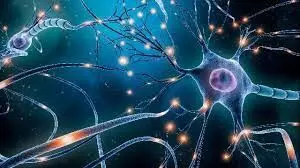
Experts find brain molecules controlling happy and bad memories
text_fieldsWhen it comes to encoding memories, one single brain molecule controls whether a certain event is labelled as negative or positive. A new study at the Salk Institute for Biological Studies has identified the brain molecule that ties emotions to memories.
A peptide protein called neurotensin is behind this key process. More research on it may explain why some people are more likely to remember positive emotions and memories. It is also expected to help in research related to anxiety or depression.
Experts had earlier identified that a group of neurons in the brain's basolateral amygdala is involved in encoding happy memories and bad memories. However, they did not know how this neuron activation happened.
Neurotensin is theorised to be linked to fear learning in which an animal learns to identify a stimulus with scary events. New findings suggest that neurons change how much neurotensin they release while evaluating new events. This decides which neuronal pathways the information passes through.
However, experts are still learning how the human brain encodes, stores, and discards memories.






















